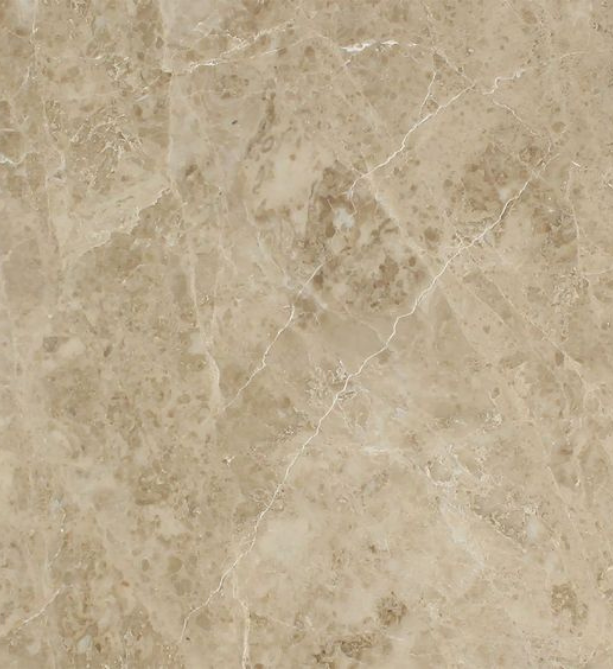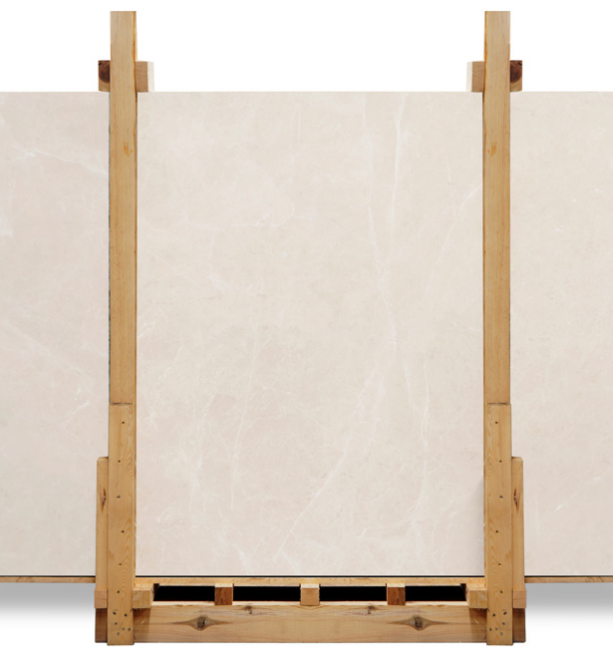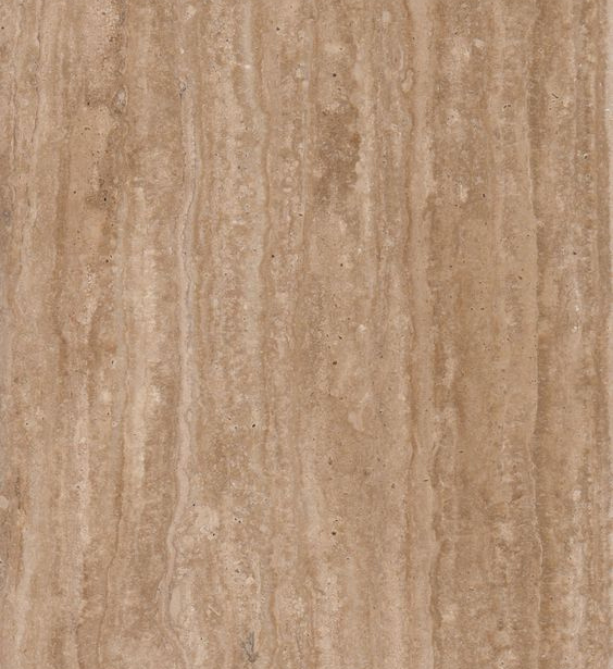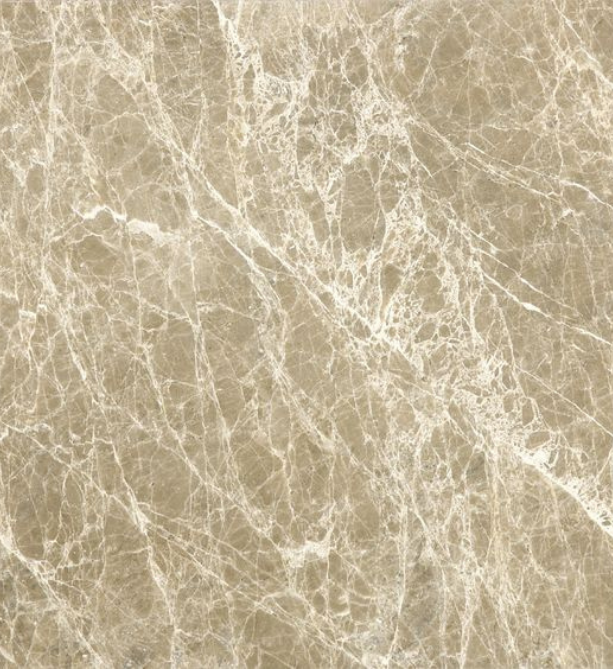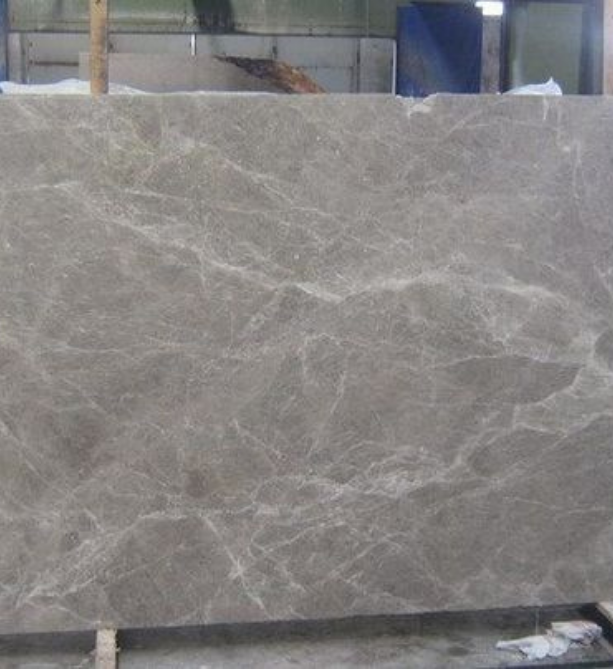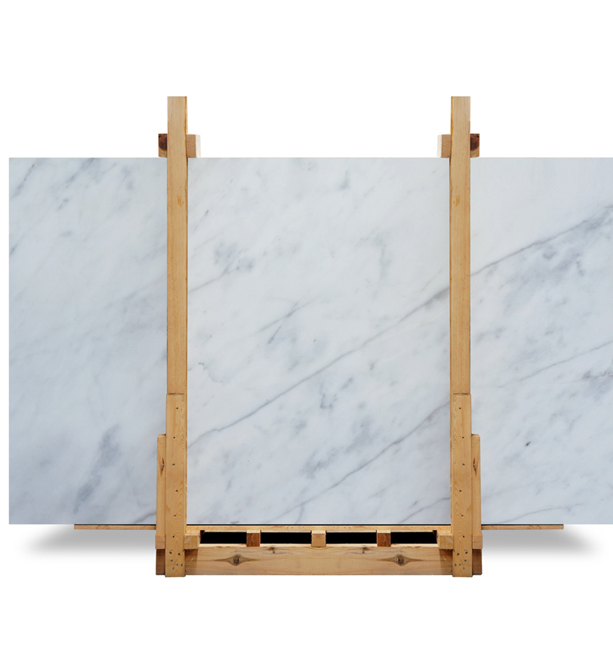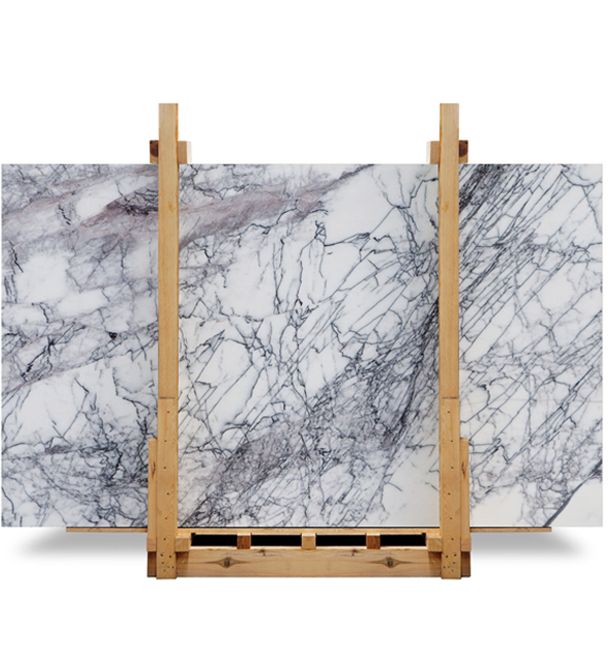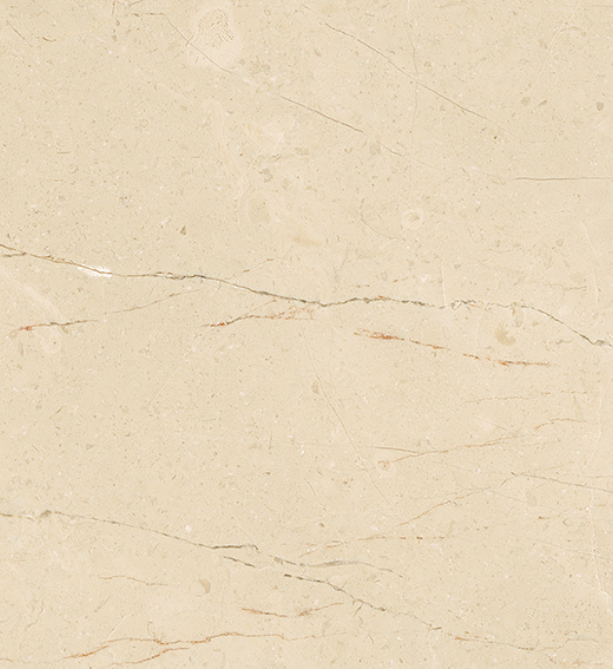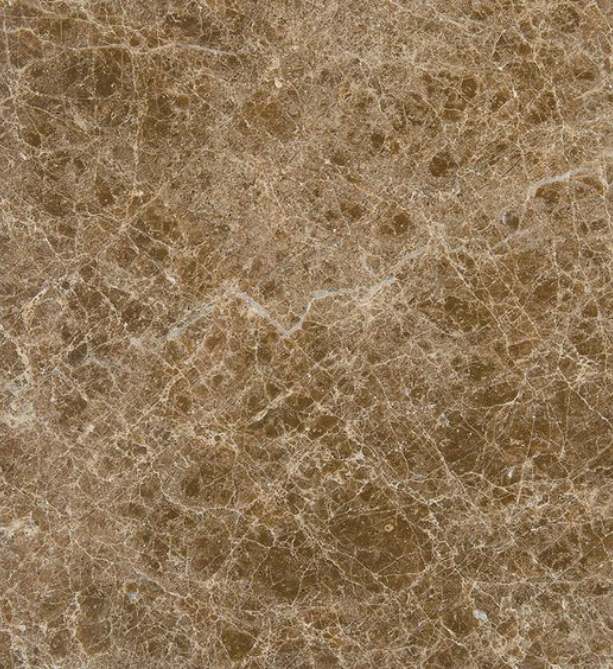Marble is one of the most important products in the product range that attracts the most attention and interest in the Middle East. Marble is a product that requires care with its fine workmanship and expert eyes, and it is an aesthetic area that appeals to the eye after processing. As BELGESTONE, we have a very high prestige in the Middle East by emphasizing our expertise in this process. We are in this together with the prestige that we have a serious contribution to the economy of Turkey. We have prepared a compilation for you about the Middle East, which is a very important region for our company, and its history.
The Middle East is the territory on the southern and eastern shores of the Mediterranean, covering at least the Arabian Peninsula, and in some definitions Iran, North Africa, and sometimes beyond. The middle part of this general area was formerly called the Near East, given by the first modern Western geographers and historians who tended to divide the three regions they call East. The Near East applied to the nearest European region, ranging from the Mediterranean to the Persian Gulf; Middle East from the Persian Gulf to Southeast Asia; and Far East, regions facing the Pacific Ocean. The change in use began to develop before World War II, and during this war the Middle East tended to be approved when given to the British military command in Egypt.
20th century in the middle of the Middle East of a common definition, Turkey, Cyprus, Syria, Lebanon, Iraq, Iran, Israel, the West Bank, Gaza Strip, Jordan, Egypt, Sudan, Libya and appropriate Arabia’s various provinces and regions (Saudi Arabia, Kuwait, Yemen, Oman, Bahrain, Qatar and the Trucial States or Trucial Oman [current United Arab Emirates]). Subsequent events tended to increase the number of land included in the definition in loose use. The three North African countries of Tunisia, Algeria and Morocco are closely linked to the Arab states with sensitivity and foreign policy. In addition, geographic factors often require statesmen and others to consider Afghanistan and Pakistan in connection with Middle Eastern affairs.
Occasionally, Greece is included in the compass of the Middle East, because the issue of the Middle East (in the Near East) in its modern form first appeared when the Greeks rose in 1821 to defend the independence of the Ottoman Empire (see Eastern Question). Turkey and Greece, mainly in the eastern end of the Mediterranean was previously known as the Levant with Arabic-speaking lands. However, the use of the term Middle East is still restless, and some institutions (especially the US State Department and certain bodies of the United Nations) still use the term Near East.


